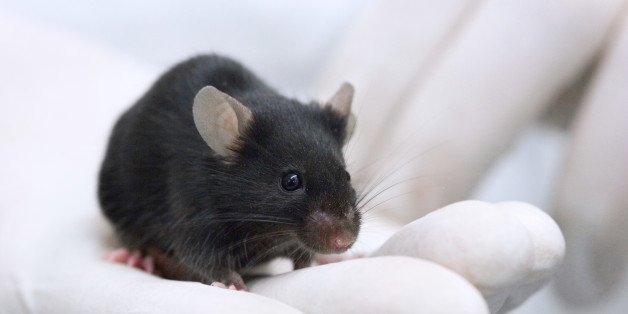Projects

2: Maternal Immune Activation and Behavioral Outcomes in Adult Offspring
Studying how maternal illness affects fetal neurodevelopment and leads to behavioral abnormailites in adult offspring.
I am a research scientist at the Center for Open Science currently working on the SCORE project. I am also a methodologist and metascientist with the Psychological Science Accelerator.
PhD in Psychology (Social), 2019
Rutgers University
MA in Psychology (Behavioral Neuroscience), 2016
Rutgers University
Graduate Certificate in Immunobiology, 2012
University of Arizona
BS in Biochemistry, 2009
Stony Brook University
Some say there is an issue with tone in the push for more open and reproducible science. Is there evidence of this?
I wanted to try using R and rtweet to collect and explore some twitter data. Here are the results of 5 minutes-worth of tweets directed at President Trump!
Psychology is aware of its problems with flexibility in data collection and analysis…but what about immunology? Here I cover some glaring issues with a common immunological data collection method: flow cytometry.
Tue, Feb 6, 2018, Promoting Integrity as an Integral Dimension of Excellence in Research
Tue, Aug 1, 2017, Society for the Improvement of Psychological Science

Studying how maternal illness affects fetal neurodevelopment and leads to behavioral abnormailites in adult offspring.
While I was a PhD student at Rutgers University, I taught at least one class per semester. Here is the list of courses I taught during that time, with links to available review material.